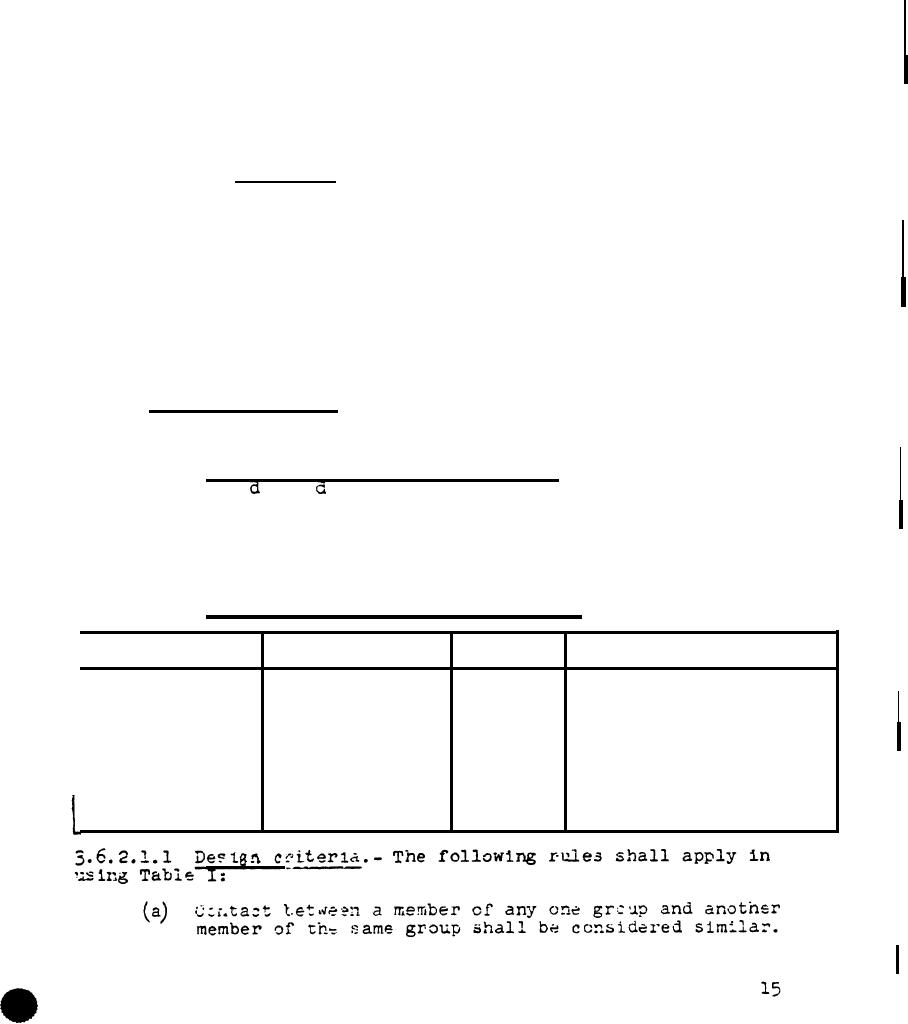 |
|||
|
|
|||
| ||||||||||
|
|  MIL-F-14252 ( AR )
corrosion after subJection to the salt spray test of MIL-STD-202.
Destructive corrosion s hall be construed as that type of cor- .
rosion which in any way interferes with mechanical or electrical
performance.
3.6.1 Commercial quality. - Parts and material specified as "com-
mercial quality or prescribed by merely a name In general com-
mercial use~ sun as "steel", "forged steel", "bronze", "cast h
Iron", "brass", "drill rod" "leather", or "wood shall be such
as would be used in first-class commercial constructions, free
from any defect that would render them unsuited or inefficient
for the purpose for which they are intended. Such parts and
material shall not ordinarily be subject to tests or analyses;
however, if there is reason to doubt the quality, the right is
res-- ved to make such tests as the Inspector deems necessary.
-er
Nothing in this paragraph shall be interpreted to mean that ap-
plicable material specifications should be ignored.
Dissimilar metals shall not be used
3.6.2 Dissimilar metals.-
suitably protected. against electrcly-
intimate contact unless
in
tic corrosion.
Identification of dissimilar metals.- Dissimilar metals
36.2.1
are arbitrarilY efrined as metals in contact with each other and
indicating an electrically, potential difference of greater than
0.4 volts when immersed In a 3 percent sodium chloride solution.
To serve as a guide in identifying dissimilar metal combinations,
the most commonly employed metals are listed in four groups in
Table I.
TaBle I - Groups of similar metals
Group XV
Group 111
Group II
Group I
(Most anodic)
Ccpper and its alleys
Z Inc
Aluminum
Magnesium alleys
Aluminum alloys Cadmium
Nickel and its alleys
Steel
z Vlc
Chromium
Stainless steel
Lead
Cadmium
Gold
Tin
Silver
(Mzsc cathodic)
|
|
Privacy Statement - Press Release - Copyright Information. - Contact Us |